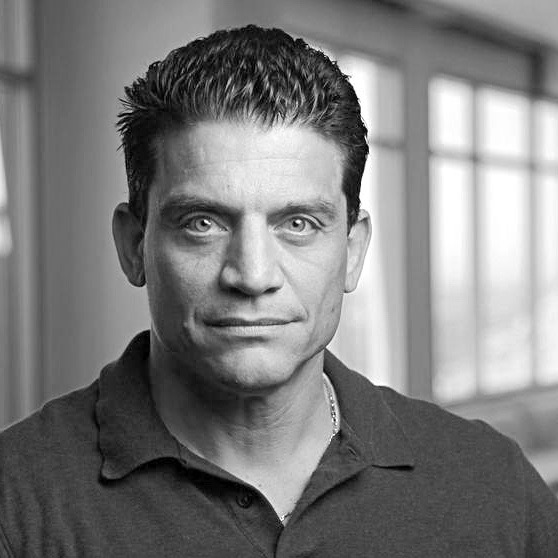
The Forward recently ran an open letter by Rabbi Philip Graubart headlined “ ‘Letters to My Palestinian Neighbor’ Is Not the Book We Need Right Now.”
Seeing the headline only, I thought, because most Palestinian leaders engage in blatant Holocaust denial, promote anti-Semitic canards such as Jews poison water wells, deny any Jewish connection to the land of Israel, and endorse the murder of Jews, that this open letter would argue Jews need to wait for a Palestinian sea change before Yossi Klein Halevy’s “Letters to My Palestinian Neighbor” could advance peace.
Instead, this open letter accused Halevy of being too stuck in the Jewish “narrative.”
Imagining a theoretical “Palestinian moderate,” Graubart posited that after reading Halevy’s book, this moderate might say, “Why waste time in dialogue with you? … We already agree on the basics.”
Query: What “basics” does Graubart think Palestinian “moderates” and Halevy agree on? Based on Halevy’s scholarship, he believes Jews have a deep connection to the land of Israel. The “moderate” Palestinian leaders don’t believe Jews are even a people, let alone a people with a 3,300-year-old love affair with the land of Israel.
Graubart asserts his issue with Halevy’s book is that it makes allegations about Halevy’s “loving embrace of religious, biblical narrative” that “no Palestinian could accept” and that the “biblical impulse to build settlements in the West Bank [Judea and Samaria] is precisely what’s sabotaged an agreement.”
So, according to Graubart, it isn’t rabid anti-Semitism, rejection of any Jewish connection to Israel or even the rejection of offer after offer to have an independent Arab state in Judea and Samaria and Gaza, which is to blame. It is the Jews’ “biblical impulse” to live in Judea.
There are so many problems with this perspective. The most obvious is that it implies the Palestinians bear no responsibility for their actions.
Graubart’s piece, however, does a great job of capturing the growing divide between many Jews in the U.S. and the overwhelming majority of Jews in Israel.
This divide is represented strikingly in Graubart’s letter, where he writes, “if your book taught me anything, it’s that we must begin the admittedly difficult process of privileging basic values over national, religious narratives.” Graubart adds that for peace, Jews need to be “a people who value[d] peace … over historical/religious narrative. … People who loved peace more than they loved the ancient stories of their people.”
Thankfully, our ancestors didn’t think abdicating our faith was the way to go.
Plainly, many American Jews have not internalized the lessons most Jews in Israel have over the past 100 years.
Also, if we just “privileged basic values over national, religious narratives,” then why drain swamps, irrigate deserts, revive Hebrew as our national language, or even fight for our independence against five Arab armies and numerous Arab militias sworn to destroy us?
After all, if we value “peace” above everything else, we could all just give up on our indigenous faith, stop being “stiff-necked” Jews, and convert. Plainly, that would have made the Jew-haters much happier and much more “peaceful” toward us.
Thankfully, our ancestors didn’t think abdicating our faith and our “religious longings” to live in Zion was the way to go.
By Graubart’s definition, the Maccabees would also be disparaged as “willing to sabotage future peace negotiations by giving in to religious longings.” As unwilling to “love peace more than they loved the ancient stories of their people.”
Most Palestinians, however, reject that there were ever Maccabees. And this is where Graubart is the most mistaken. Graubart assumes the obstacle to peace is Jewish love of our “historical/religious narrative.” But it is the Arab rejection of Jewish history that is the obstacle to peace.
This is the ultimate message of Halevy’s book. In order for there to be peace, the Palestinians are going to have to meet us halfway and stop asking us to accept that their new Palestinian identity deserves two Arab states — all while they reject history and Jewish sovereignty anywhere in the land of Israel.
Micha Danzig is a practicing attorney in San Diego and board member of T.E.A.M. (Training & Education About the Middle East).


































 More news and opinions than at a Shabbat dinner, right in your inbox.
More news and opinions than at a Shabbat dinner, right in your inbox.